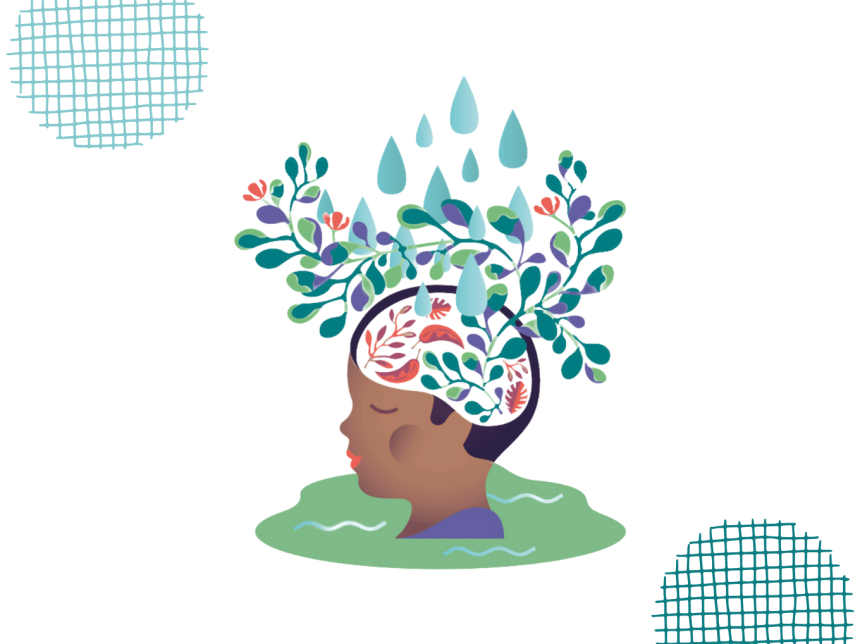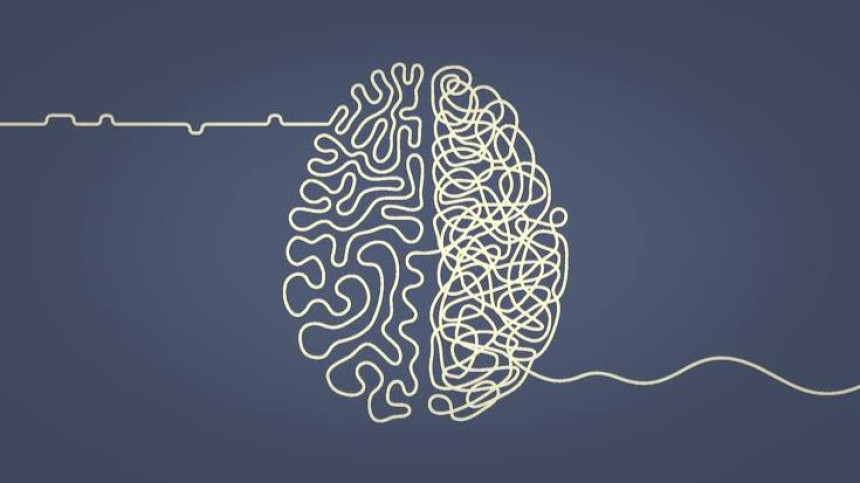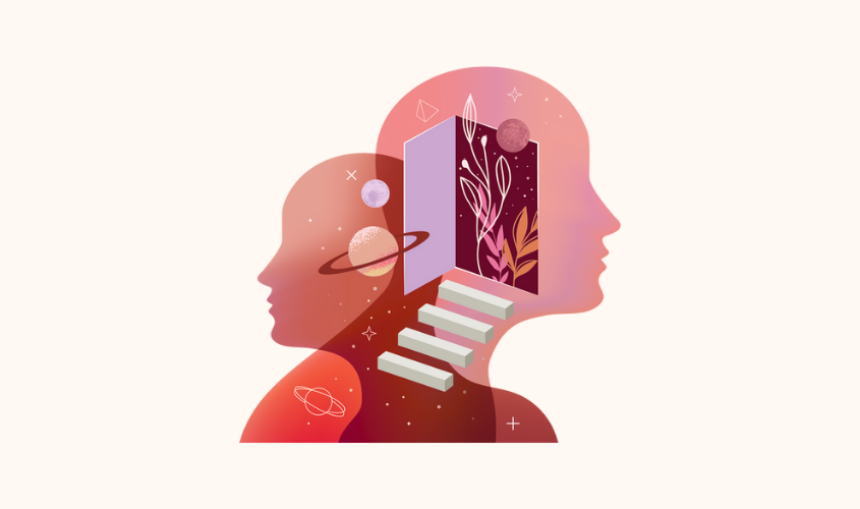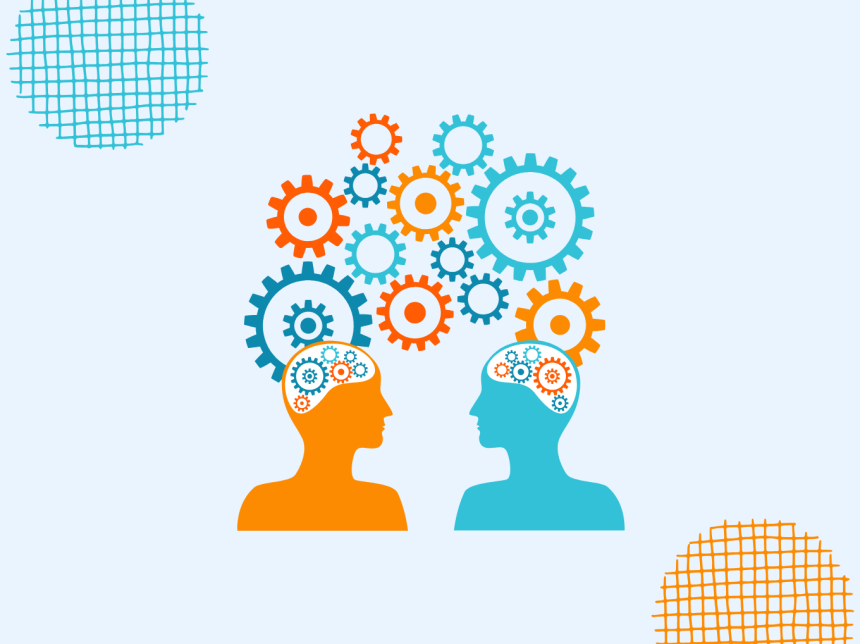
Biological Foundations of Psychology: Understanding the Brain, Behavior, and Mind
Discover the biological foundations of psychology. Learn how the brain, genetics, and neurotransmitters shape thoughts, emotions, and behavior.
Introduction: The Biology Behind the Mind
Psychology is often thought of as the study of thoughts, emotions, and behavior. But beneath every idea, memory, or feeling lies a biological foundation. The human brain, nervous system, hormones, and genetic makeup provide the framework for psychological processes.
This perspective is known as the biological approach to psychology—a field that bridges neuroscience, physiology, and behavior. By studying the body’s role in mental activity, researchers can explain how biology influences learning, motivation, mental illness, and even personality.
The Brain: Command Center of Behavior
The brain is the most complex organ in the human body, housing billions of neurons that communicate through electrical and chemical signals. Different brain regions control different psychological functions:
- Frontal Lobe – decision-making, planning, and personality
- Parietal Lobe – sensory processing and spatial awareness
- Temporal Lobe – memory, language, and auditory processing
- Occipital Lobe – visual processing
At the deeper level:
- Amygdala – emotional regulation, fear, and aggression
- Hippocampus – learning and memory
- Hypothalamus – regulating hunger, sleep, hormones, and homeostasis
Neurons and Neurotransmitters: The Language of the Brain
Neurons are the fundamental building blocks of the nervous system. They communicate via neurotransmitters, which are chemical messengers bridging gaps (synapses) between neurons.
Key neurotransmitters and their roles:
- Dopamine – motivation, pleasure, reward, learning
- Serotonin – mood regulation, sleep, appetite
- GABA – calming and inhibitory effects
- Acetylcholine – memory and learning
- Norepinephrine – alertness, arousal, stress response
When neurotransmitter systems are imbalanced, they can contribute to disorders like depression, anxiety, ADHD, or schizophrenia.
The Nervous System: Wiring of Behavior
The nervous system can be divided into two main parts:
- Central Nervous System (CNS) – brain and spinal cord, the main processing hub.
- Peripheral Nervous System (PNS) – connects the CNS to the rest of the body.
Within the PNS:
- Somatic Nervous System – voluntary movement and sensory input
- Autonomic Nervous System – involuntary functions (heart rate, digestion, breathing)
- Sympathetic System – fight-or-flight response
- Parasympathetic System – rest-and-digest response
This interplay helps us survive, adapt, and respond to environmental demands.
Hormones and the Endocrine System
While the nervous system communicates through electrical impulses and neurotransmitters, the endocrine system uses hormones as slower but longer-lasting messengers.
Key hormones in psychology:
- Cortisol – stress regulation
- Adrenaline (Epinephrine) – energy boost during emergencies
- Oxytocin – bonding, trust, and social connection
- Testosterone & Estrogen – sexual behavior and development
Hormones play a crucial role in shaping behavior, influencing everything from stress responses to emotional bonding.
Genetics and Behavior
Another pillar of biological psychology is the study of genetics. Our DNA influences traits such as temperament, intelligence, and risk for psychological disorders.
- Twin Studies help researchers separate the effects of genes and environment.
- Heritability measures how much of a trait is due to genetic factors.
- Certain disorders (e.g., bipolar disorder, schizophrenia) have strong genetic links.
However, genes are not destiny. The environment interacts with genes in what is called epigenetics, meaning experiences can “turn on” or “turn off” genetic expression.
Biological Basis of Mental Disorders
Many psychological disorders have biological underpinnings:
- Depression – linked to serotonin and dopamine imbalances
- Anxiety Disorders – overactive amygdala and stress pathways
- Schizophrenia – dopamine dysregulation, genetic risk factors
- Alzheimer’s Disease – brain degeneration, loss of neurotransmitters
- ADHD – irregular dopamine and norepinephrine signaling
Understanding these biological foundations allows for more effective treatments, such as medication, brain stimulation, or neurofeedback.
Biological Psychology in Action
Applications of biological psychology are found across multiple fields:
- Medicine – development of psychiatric drugs
- Neuropsychology – rehabilitation after brain injury
- Cognitive Neuroscience – linking brain imaging with thought processes
- Health Psychology – studying how biology influences stress, immunity, and well-being
This demonstrates how biology and psychology are deeply interconnected.
Challenges and Ethical Questions
Despite its progress, biological psychology faces limitations:
- Reductionism – risk of oversimplifying complex psychological phenomena
- Ethics of Brain Research – invasive procedures, animal research debates
- Pharmaceutical Dependence – over-reliance on drugs vs. holistic treatments
- Privacy Issues – neuroimaging raises concerns about personal identity and prediction
Future Directions: The Frontier of Neuroscience and Psychology
Advances in technology continue to expand our understanding of the biological foundations of psychology:
- Brain Imaging – fMRI, PET scans, EEGs reveal live brain activity
- Neuroplasticity – discovery that the brain can rewire itself through learning and therapy
- Brain-Computer Interfaces (BCIs) – merging neuroscience with AI
- Personalized Psychiatry – tailoring treatments based on genetics and brain profiles
Conclusion: Biology as the Groundwork of Psychology
The biological foundations of psychology reveal that every thought, feeling, and behavior has a physical basis in the body. From neurotransmitters to brain regions, hormones to genes, biology provides the structure within which psychological processes operate.
At the same time, biology interacts dynamically with environment and culture—showing that human behavior is never shaped by one factor alone. By integrating biological psychology with cognitive, social, and cultural perspectives, we gain a fuller picture of what it means to be human.
In short, understanding the biology of the mind helps us unlock the mysteries of behavior, mental health, and human potential.




